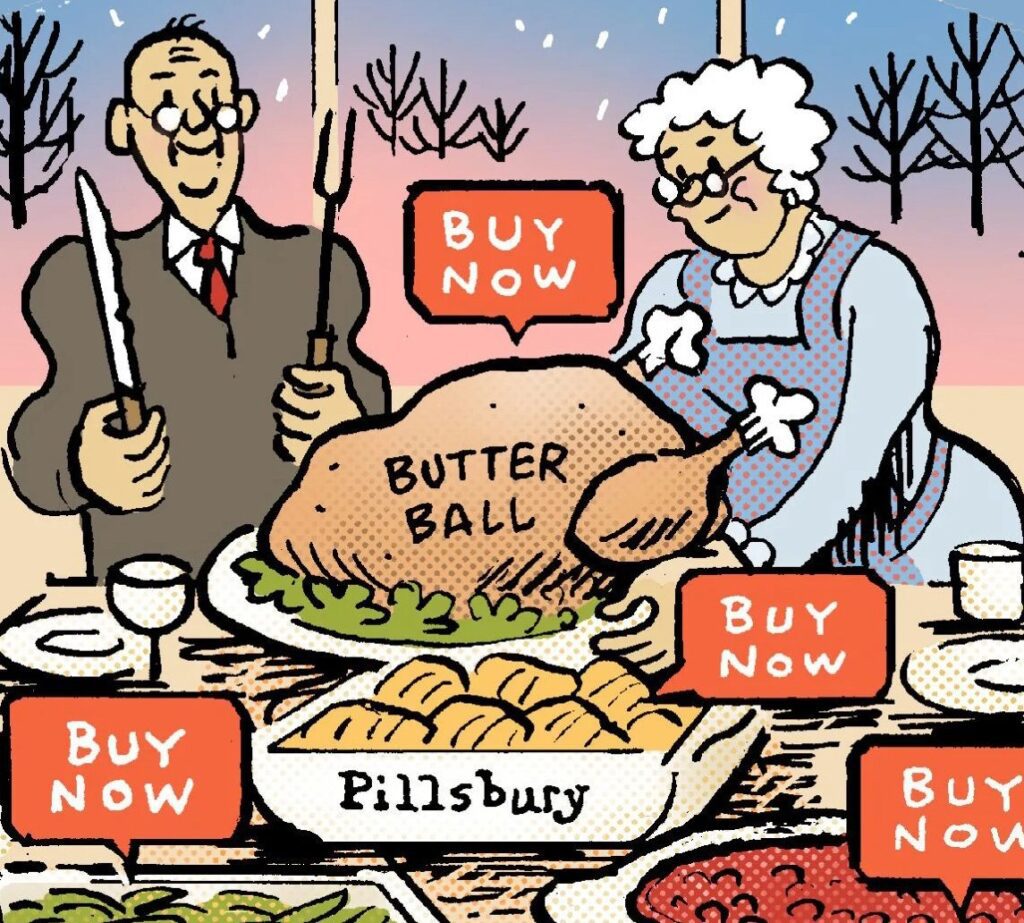There’s an old joke. It goes, what’s black and white and read all over? When you hear the joke, though, it sounds like, what is black and white and red all over? You aren’t expected the play on words, and that’s why when you first hear the joke – usually before the age of 10 – you don’t think to guess the answer – a newspaper. Then again, in the not so distant future, the punchline will have to change as people won’t necessarily know what a newspaper is. Perhaps it will be something like this. What’s black and white and red all over. Panda. Penguin is an equally acceptable answer. Now, for the continuation of this really bad repurposing of the joke – These black and white animals are causing red for quite a few companies after their traffic fell off a cliff about two weeks ago.
Penguin and Panda have ostensibly the same purpose but attack it from different angles. Panda is already in version 3.7 and it looks at the content of the site. It supposedly punished those with less relevance, e.g., content farms who produced pages specifically to rank high for certain terms. (Check out this infographic Search Engine Land produced when Panda 3.2 came out.) Penguin is newer and focused not on the content but on factors often associated with driving traffic to sites – domain name strategies, link strategies, and other unspecified means that Google uses to determine relevance. It is an algorithm update, not a manual ding. Then again, there is overlap between the two animals so trying to suss out where one starts and the other ends is difficult.
Lots of companies have been impacted by Penguin and Panda, but one of the more interesting story lines played out quite publicly, and for industry folks is the type of drama you could almost make a tv show out of. It begins with an Op-ed article in the Wall Street Journal written by Nextag CEO Jeffrey Katz titled, “Google’s Monopoly and Internet Freedom.” (sub. req.) Nextag’s history is story in and off itself, a search marketing machine that during its heyday was not only one of, if not the largest display buyers but search too. It had a lead gen business in mortgage and clicks business with comparison search. The founder was, well, he built a company that in 2007 accepted a bid of $830 mm for two-thirds of the business. They have since gotten out of lead gen but been acquisitive in other areas, e.g., coupons. They made a lot of money for Google and a lot of money from Google.
In his article, CEO Katz writes about Google saying, “The company has used its position to bend the rules to help maintain its online supremacy, including the use of sophisticated algorithms weighted in favor of its own products and services at the expense of search results that are truly most relevant.” He adds, “At my company, Nextag, a comparison shopping site for products and services, we regularly analyze the level of search traffic we get from Google. It’s easy to see when Google makes changes to its algorithms that effectively punish its competitors, including us. Our data, which we shared with the Senate Judiciary Committee on Sept. 21, 2011, shows without a doubt that Google has stacked the deck. And as a result, it has shifted from a true search site into a commerce site—a commerce site whose search algorithm favors products and services from Google and those from companies able to spend the most on advertising.”
Katz’s words do not soften. Take for example, this statement. “Most people believe that when they type "convection microwave oven" or "biking shorts" into Google, they will receive a list of the most relevant sites. Not true. That’s how Google used to work. Now, when someone searches for these items, the most prominent results are displayed because companies paid Google for that privilege. In addition, Google often uses its prime real estate to promote its own (often less relevant and inferior) products and services, prohibiting companies from buying its best advertisements” He readily admits the benefits the company has seen in the past. That is not in question. It’s the present, because “…Google’s latest changes are clearly no longer about helping users.” He argues for greater transparency and greater access – both for businesses and users.
Well, the next day Google responded. It released Panda 3.7. It was not the response that Nextag would have preferred. Google also responded in a common Google way, via a blog post by Amit Singhal, senior vice president of engineering at Google. In it he says "While we’re always happy to have feedback about how we can improve, it’s more useful if that feedback is based on facts." For fun, we did a search on which Nextag would have normally appeared.

Nextag or for that matter any comparison shopping site is nowhere to be found. The same is true for quite a few other searches, like this one.

It used to be that Google’s comparison shopping product was organic, results driven. Now, it’s purely pay to play. Like many Google changes, there might be a true user benefit, but the explanation of the change leaves room for a little too much doubt. Why would they show a company paying for example $.35 per click who made $.60 off that click when they could make $.60 a click? The financial incentive for removing “the middle man” reads just a little too strong, despite the user motive. The timing of the changes certainly doesn’t help Google’s case either. Unlike Katz, where he argues Google is a brand killer. The opposite seems true. Looking at the results, they only want brands…just not other comparison related ones.


